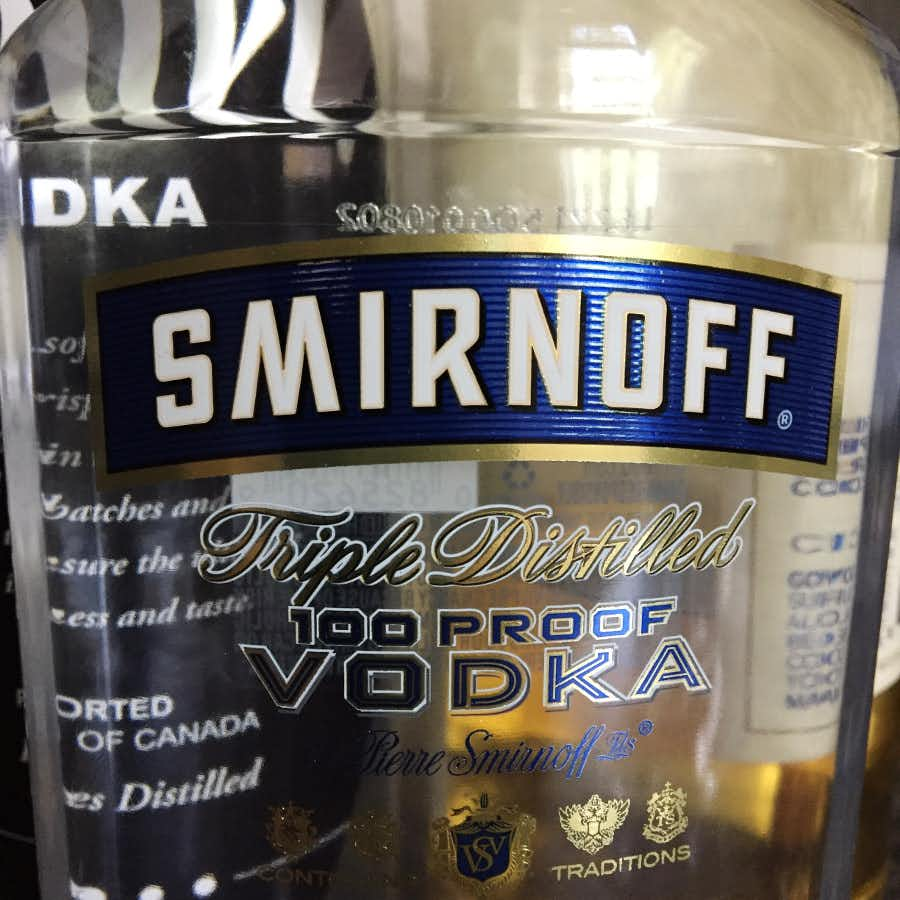
The holidays are especially challenging for people who have trouble with alcohol. Celebrating with family can sometimes be stressful and trigger unhealthy coping patterns–potentially by more than one family member. In addition, at many social gatherings alcoholic beverages flow freely, and people may see few alternatives to having a drink, even if they know it could be hard to stop at one. Some individuals become depressed during the winter holidays and may turn to alcohol to get through. The medical term for such problems is “alcohol use disorder.”
How Can You Manage Alcohol Use Disorder?
Many people find 12-step programs supportive and useful. Others do not. No single treatment works for everyone. But a recent article in the journal JAMA (Nov. 7, 2023) gave us encouragement. It was titled: “Pharmacotherapy for Alcohol Use Disorder: A Systematic Review and Meta-Analysis.”
The Role of Medications:
The authors set out to see whether medications could improve outcomes for people with alcohol use disorder. To find out, they analyzed 118 clinical trials with nearly 21,000 participants. The two drugs they analyzed were acamprosate and naltrexone.
The researchers conclude:
“In conjunction with psychosocial interventions, these findings support the use of oral naltrexone at 50 mg/d and acamprosate as first-line phamacotherapies for alcohol use disorder.”
When you drill down on the data, you discover that the number needed to treat (NNT) for acamprosate is 11 and the NNT for naltrexone is 18. That’s to keep one person from returning to drinking. Such NNT numbers are excellent.
For example, the NNT for statins to prevent a single death in someone with diagnosed heart disease is 80. For people without heart disease, the NNT to prevent a nonfatal heart attack or stroke over five years is 140.
Readers Describe Their Struggles with Alcohol:
Such numbers can get confusing. That’s why it makes sense to consider how alcohol use disorder and its treatment can affect a person’s life. Here are some stories from readers.
One person wrote:
“I have been a heavy drinker for 35 years—just in the evenings, after work. I would consume 6 or 8 drinks nightly, usually waking with a hangover every morning.
“Now, I take a very small dose of naltrexone most days of the week. I find it eliminates any craving for alcohol, and if I have a drink, it interferes with the pleasurable effects of drinking that would normally happen. I am discouraged from opening another beer of pouring myself a drink.
“On those days I want to enjoy a drink, I simply skip my low dose, and the pleasurable effects return, as well as the not so pleasurable ones, if I over-do it. Naltrexone has allowed me to manage my consumption and leave me in control of when I want to drink or not.”
Another man has a somewhat similar story:
“I was a late-stage chronic alcoholic up until age 47, when I started taking naltrexone. Before that, I had been through inpatient 12-step treatment ten times. I was in and out of detox and hospitals for years. Nothing worked.
“I discovered the book, The Cure for Alcoholism by Roy Eskapa, and now, a little over a year later, I easily maintain complete sobriety. I can have a drink any time I want one, as long as I take naltrexone first. For the past few months, I have not wanted one.
“I cannot say enough about this medical treatment. It saved my life at a time when my family was already planning what to do after I died of alcoholism.”
The Bottom Line:
Prescription drugs to treat alcohol use disorder have side effects and require careful medical monitoring. Naltrexone may cause nausea, headache, dizziness, agitation, fatigue and insomnia. It may also cause liver injury, which could be serious if a person’s liver has already been taxed by excess alcohol. Acamprosate use is associated with diarrhea, nausea, depression and anxiety. Both medications work best if they are used in the context of a supportive program. As the study makes clear, they could make a difference for those seeking help.
Citations
- McPheeters M et al, "Pharmacotherapy for alcohol use disorder: A systematic review and meta-analysis." JAMA, Nov. 7, 2023. doi:10.1001/jama.2023.19761

